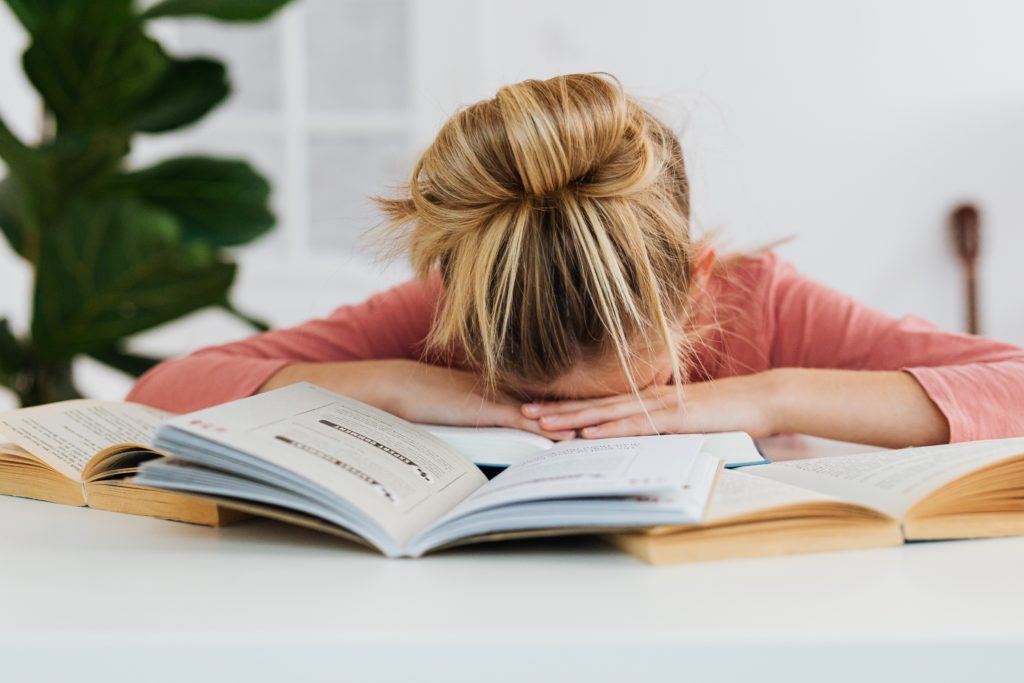Maria Montessori had some very distinct ideas about sleep and how it affected development. Most of her observations pertained to children of preschool age, but she saw childhood development as a continuing process. According to her observations, Montessori elementary school pupils benefitted from good sleep routines the same as their younger peers.
Sleeping Promotes Behavior
It has long been known that getting enough rest reduces unwanted behavior in elementary school children. They have more difficulty focusing, become more easily agitated, and have the potential to be disruptive in the classroom. Maria Montessori recognized these symptoms in her observations of the students under her tutelage while she was developing the Montessori Method and commented often about the importance of sleep in relation to learning.
The Importance of Sleep Schedules
Montessori believed that the best way to ensure that children are getting enough rest is to establish a regular sleep routine. For elementary-aged children, it is important to get at least 8 hours of sleep at night, but the amount of sleep will vary somewhat from one child to the next.
Cribs Inhibit Sleep Patterns
Another aspect of getting restful sleep for young children revolved around where they slept. Montessori disagreed with the idea of co-sleeping— when parents encourage children to sleep with them– and advised against the use of cribs, or playpens that kept children confined. She believed that these devices were used by adults to control the children rather than as a safe sleeping tool. Instead, she recommended the use of a mattress or mat placed on the floor of a child’s room so that the child would be able to get up and move around during periods of wakefulness.
Freedom to Choose
In preschool, kids need around 10 hours of sleep nightly, and Maria believed that they should still be provided the freedom to nap during the day. As with the use of a floor-based sleeping area, Montessori observed that children also needed the ability to self-regulate their sleep to some extent. Simply explained, a tired child will sleep, but a rested child should be able to go about their absorbent mind activities when they have gotten enough rest.
Even adults need to get a minimum amount of sleep in order to be refreshed and fully functional during the day. Under the Montessori Method, it is as important to address healthy sleep habits as it is to provide hands-on learning activities, mixed-age classes, and practical life experiences to complement academic learning.
